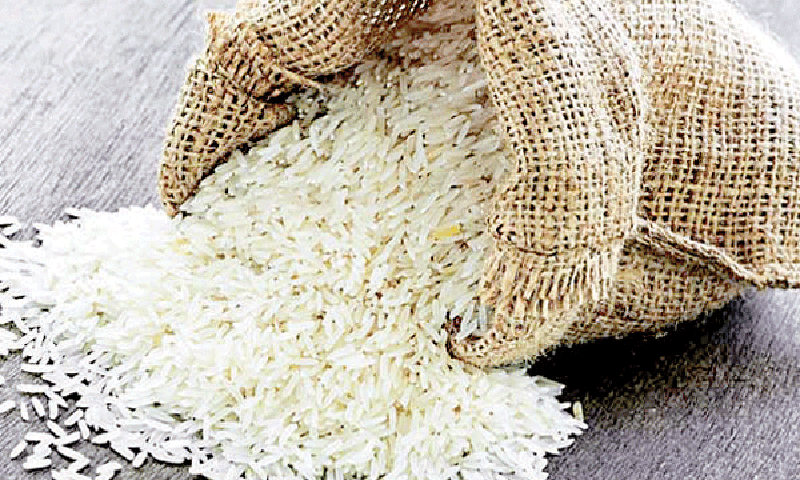THESE past few years will stand out in Pakistan’s legal history books for the ‘efficiency’ with which parliament passed new legislation, often with nary a concern for democratic process and procedures. It is just as bad that very few of the bills endorsed by its august houses in this period will be remembered for contributing to the general betterment of the Pakistani people’s lot. Indeed, many will likely only be discussed in case studies of political lawfare being taken to extreme levels, often to the detriment of the sanctity and stature of parliament as well as the delicate balance of state power. The latest episode in this ongoing campaign unfolded on Monday, with two separate bills tabled before the Senate. One will make it impossible for the public to exercise its constitutional right to political assembly in Islamabad without the blessings of a district magistrate, while the other will introduce new judges into an increasingly restless Supreme Court. The motivations for these proposed pieces of legislation seem evident enough to the opposition benches, where lawmakers have called the first a ‘PTI-specific law’, and the second ‘a conspiracy to pack the court’.
It seems obvious why the government would want to make a district magistrate all-powerful in deciding who gets to do what, how, where and when in Islamabad. For added safety, it has also introduced extreme new punishments for those who dare defy the magistrate’s diktats. This same government had misplaced its spine when protesters broke into the capital’s Red Zone on two different occasions in the past few weeks. Now that the PTI wants to host a rally in Islamabad, it has suddenly remembered who is in charge. It should know that its moves are projecting desperation, not power. It would have done better by avoiding this needlessly confrontational stance. Secondly, it is difficult to see why the appointment of new judges to the Supreme Court must be done now. If the government says this will help cut down the court’s backlog, then the new appointees must only hear overdue cases, at least for the first six months. As it is, repeated government intervention in judicial affairs is giving rise to serious and valid concerns. The courts must be allowed to remain independent. They may be the last tether holding the country back from total chaos.
Published in Dawn, September 4th, 2024











































Dear visitor, the comments section is undergoing an overhaul and will return soon.